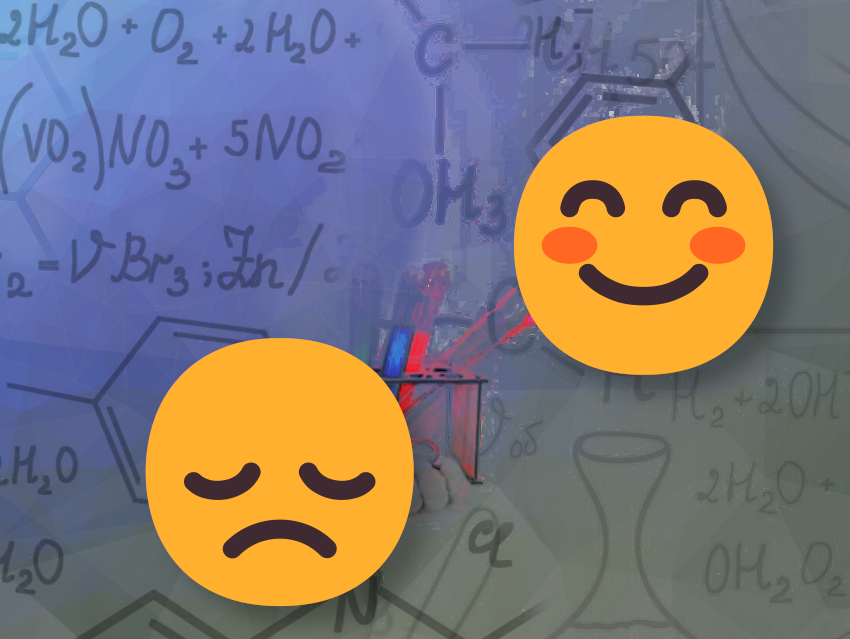Chemistry plays a vital role in modern society, from life-saving medicines to sustainable energy solutions. However, public perception of chemistry remains mixed, often influenced by misinformation and a lack of understanding.
For decades, chemists have been working to improve the public image of their field. However, chemistry is often seen as complex and intimidating, fueled by its reputation as a difficult school subject. A lack of knowledge about chemistry is widely accepted in society. This lack of understanding fuels fears and misconceptions about chemicals, as seen in terms such as ‘chemical-free’ or the association of chemistry with something unnatural or dangerous.
To change this perception, Peter Gärtner, President of the Austrian Chemical Society (GÖCH) and professor at TU Vienna, calls for better science communication and early education efforts. Teachers play a key role in sparking curiosity in young students, whose enthusiasm can then influence their parents and, in turn, drive broader change. Universities and professional societies should support outreach initiatives, such as school ambassadors and interactive labs. One successful example is a hands-on chemistry lab at TU Vienna, which has engaged students for over 20 years.
However, Gärtner notes that science communication skills are often overlooked in university curricula. Nobel laureate Ben Feringa supports this view, suggesting in an interview in the same issue that Ph.D. students, postdocs, and master’s students should be trained—and even graded—on their ability to explain their research in simple terms. He challenges students with the question: “Can you explain your project to your grandmother?”
Gärtner concludes that we need more science ambassadors and that they must be carefully selected to effectively reshape public perception of chemistry. Inspire interest, not complexity.
- Das neue Image der Chemie,
Peter Gärtner,
Nachr. Chem. 2025, 73(1), 3.
https://doi.org/10.1002/nadc.20254148749 - Im Gespräch mit Nobelpreisträger Ben Feringa,
Tanja Wrodnigg, Walter Schneider, Ben Feringa,
Nachr. Chem. 2025, 73(1), 81-83.
https://doi.org/10.1002/nadc.20254148199





